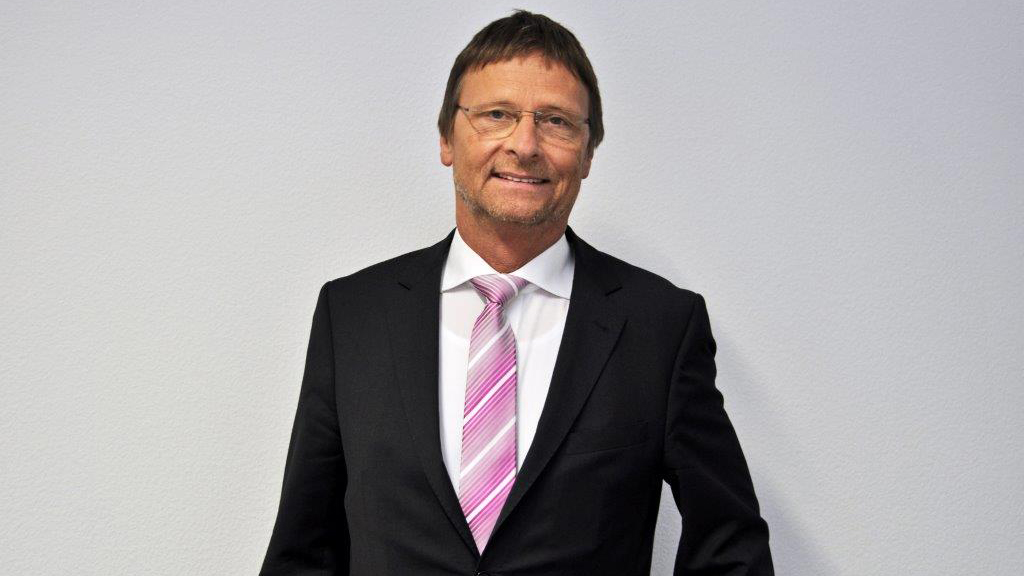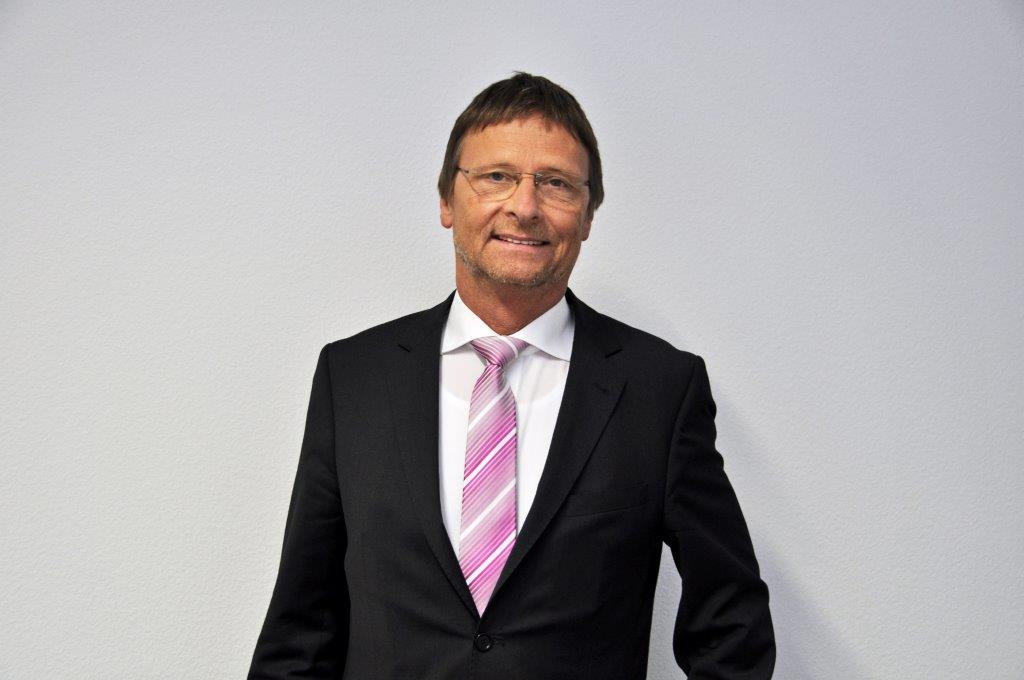The digitisation of building-services technology in the fields of planning, construction, usage and operation is having significant impact on security technology. Fire-alarm technology, emergency-call systems and evacuation procedures must be controlled flexibly and reliably. Modern sensor, radio and IP technologies open new and efficient opportunities. At the same time, however, they demand adherence to a variety of standards and regulations. The use of digital planning methods, such as BIM (building information modelling) and software-supported simulation tools (digital twin) are highly promising of success when it comes to the successful integration of various different building technologies. At Intersec Forum on 12 and 13 March 2019, experts will present successful models, demands, solutions and recommendations for the purposeful use of such methods for the planning, installation and operation of safety and security systems.

BIM for technical building installations – BIM for security
Used cleverly, BIM can really help to reduce costs, while networking and integrating the various different trades and industries, such as security technology, efficiently. But this applies not just to the planning and construction stages. BIM as a method for creating and managing digital building models and the functional characteristics belonging to them supplies the greatest value addition if it is carried out across the whole life-cycle, from the initial planning idea, right up to the actual running of the building. In this way it is possible to have a smooth and loss-free transition of information from construction to operation. Planning, building and operation merge via data technology into a digital twin building, representing a central and resilient data source ("single source of truth").
"This quality is currently achieved only in individual major construction projects; for the complex demands upon the efficiency of construction and of energy, and on the integration of security technology in modern buildings, are best met with digital methods", says Günther Mertz, CEO of the German Association of the Building Services and Technical Installation Industry (Bundesindustrieverband Technische Gebäudeausrüstung (BTGA)). "The plant-construction companies in the technical building installations are widely prepared for the digital future. Our association is currently supporting them in supplementing the BIM method to include aspects of the building-service trades, so that the advantages of these methods can be better used by

The call for digital planning tools such as BIM has also reached the operators, as the latest recommendation of the Taxpayers' Association (Bund der Steuerzahler (BdS)) shows. In its Black Book for 2018-19, considering the significant cost increases in public-sector buildings in Germany, it urges greater economy: four out of ten buildings completed between 2000 and 2015 were, it says, much more expensive than expected. Along with 15 recommendations, the association indicates that new thinking is important and that it is high time for digital planning methods in public building works.
The topics of the 4th Intersec Forum
The Intersec Forum will devote the afternoon of the second conference day (Wednesday 13 March) to the topics of "New requirements for planners and installers: BIM and building-contract law." Experts from the Facility Management Department of the Polytechnic of Mid-Hessen, from Fraunhofer-Allianz Bau (building alliance), from the Groben Engineering and Design Office, from Siemens Building Technologies Germany, and from Kappellmann & Partner Attorneys will be discussing the technical, organisational and legal aspects of BIM as a collaborative method of work. "The focus of the Intersec Forum will be on the networking of security technology and building technology. It will therefore be a worthwhile destination during ISH for providers and planners working in building-technology systems."
With around 30 expert lectures, the two-day conference puts the sector’s focus of interest on the topical issues of connected safety and security for tomorrow’s buildings: the three other main subjects are ‘Fire protection: early detection and alarming’, ‘Cyber security: connectivity and new business models’ and ‘Semantic interoperability: platforms and protocols’.
Intersec Forum will be held in Hall 10.3 of Frankfurt Fair and Exhibition Centre on the second and third days (Tuesday and Wednesday) of ISH – The World’s Leading Trade Fair for HVAC + Water – in the immediate vicinity of exhibitors from the plant, room and building automation and energy management segments. There, visitors will find lecture and exhibition areas with partners from the fields of building information modelling, technical installations, the real-estate business and universities. The Intersec Forum programme is available online. Participation is included in the prices of the ISH admission ticket.
Trade-fair expertise in the fields of safety, security & fire
With twelve events at present, Messe Frankfurt ranks among the world’s leading organisers of fairs and congresses for the growing international sphere of civil safety and security. The events for the security industry are held in Asia, Europe, the Near and Middle East, and in South America and offer the best possible access to these dynamic growth markets.
Intersec Forum is the annual conference for connected security technology in Frankfurt am Main. First held in 2016, the conference focuses on the building-related interconnection of security systems. It is held concurrently in alternate years with the Light + Building and ISH trade fairs. Further information: www.safety-security.messefrankfurt.com.
Literature and sources:
Bund der Steuerzahler (Taxpayers' Association): Forty-Sixth Black Book: "This is the public wastefulness for 2018-19" (Das ist die öffentliche Verschwendung 2018/19!), 6 November 2018; see special chapter, "Stop the explosion of building costs!" (Explosion von Baukosten stoppen!); https://www.steuerzahler.de/Aktuelle-Pressemitteilungen/4011b1520/index.html?page=1&page=2
German Association of the Building Services and Technical Installation Industry (Bundesindustrieverband Technische Gebäudeausrüstung (BTGA)): www.btga.de
The German Association of Industry – Planning and Building 4.0 (Bundesindustrieverband planen-bauen 4.0) – Gesellschaft zur Digitalisierung des Planens, Bauens und Betreibens mbH – is an initiative, by all relevant associations and chamber organisations along the whole value-added chain of planning, building and operating in Germany, for the introduction of digital business processes mapping the entire lifecycle of buildings and real-estate projects: www.planen-bauen40.de
buildingSMART Deutschland e.V. – the German chapter of buildingSMART International (bSI) – is an association of leading German companies providing planning, performance and construction software. The association's main task is the further development and standardisation of open exchange standards for software-independent information exchange in BIM projects and the definition and standardisation of work processes. www.buildingsmart.de
Press releases & images:
Please find an interview with Günther Mertz (BTGA association and image material on the internet at:
Source: Fotolia by Adobe Stock / Sergey Nivens, file no. 47997981 via www.fotolia.com
You can find the programme and further information at:
www.intersec-forum.com
On the internet:
www.intersec-forum.com/twitter
Background information ZVEI: the association of a high-tech industry in Germany
The German Electrical and Electronic Manufacturers’ Association (Zentralverband Elektrotechnik- und Elektronikindustrie e.V. – ZVEI) represents the interests of 1,600 companies of the electrical industry and associated service companies in Germany. One in three of all innovations in Germany’s processing trade has its origins in an impulse from the electrical industry. The sector employs 868,000 people in Germany and more than 736,000 around the world. Further information: www.zvei.org
Background information on Messe Frankfurt
Messe Frankfurt is the world’s largest trade fair, congress and event organiser with its own exhibition grounds. With over 2,500* employees at 30 locations, the company generates annual sales of around €715* million. Thanks to its far-reaching ties with the relevant sectors and to its international sales network, the Group looks after the business interests of its customers effectively. A comprehensive range of services – both onsite and online – ensures that customers worldwide enjoy consistently high quality and flexibility when planning, organising and running their events. The wide range of services includes renting exhibition grounds, trade fair construction and marketing, personnel and food services.
With its headquarters in Frankfurt am Main, the company is owned by the City of Frankfurt (60 percent) and the State of Hesse (40 percent).
Further information is available at: www.messefrankfurt.com
* provisional figures 2018
Download
